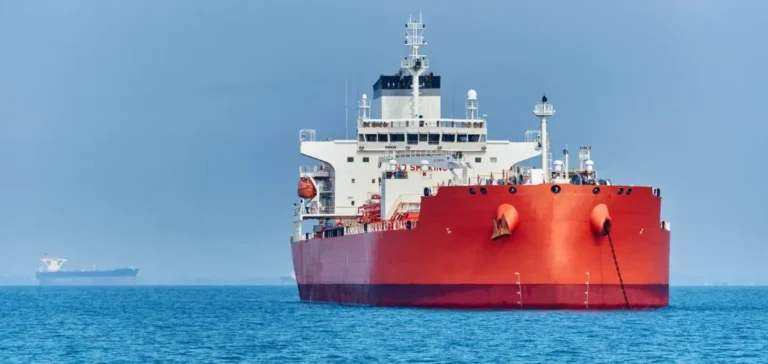The European Union (EU) has adopted a new package of sanctions directly targeting the oil sector of the Russian Federation, aiming to intensify both economic and diplomatic pressure. This eighteenth set of measures introduces a cap of $47.6 per barrel for Russian crude oil intended for export, which is 15% below the average market price, according to European authorities. Oil exports remain a mainstay of the Russian Federation’s revenues, accounting for one third of its income, according to the President of the European Commission, Ursula von der Leyen.
A new framework for price capping
The European mechanism stipulates that any oil company, merchant fleet, or financial actor operating above the new threshold will be subject to sanctions. This measure will be reassessed every six months, or earlier if there are changes in the oil market. The European Union thus aligns itself with the trend initiated by the Group of Seven (G7), which set a $60 per barrel cap in 2022. The United Kingdom has already announced its support for this new limitation, while Japan and Canada are considering joining. The United States, for its part, has not yet decided whether to align with the new EU-set level.
Reactions and adaptation among international players
The head of European diplomacy, Kaja Kallas, stated that the previous cap had already contributed to reducing Russian oil revenues by 30%. On the French side, President Emmanuel Macron welcomed European coordination, while the Kremlin said it would seek to mitigate the impact of these measures on its economy. The Russian Federation continues to export massively to India and China, despite the ongoing import ban in European territory.
The US president has imposed a fifty-day deadline on Moscow to accept a ceasefire or face new sanctions. This international pressure is accompanied by internal negotiations within the European Union, notably after Slovakia lifted its veto on this new package of measures.
Extension of sanctions to the fleet and circumvention entities
To counter circumvention strategies, the EU has added one hundred and five so-called “ghost” ships to its blacklist, bringing the total number of sanctioned tankers to four hundred and forty-four for their role in transporting Russian oil outside regulated circuits. Twenty-two additional entities, including eleven non-Russian, are also targeted for their presumed role in these operations. For the first time, the European Union has listed a refinery belonging to the Rosneft group, located in India, among its targets.
The financial aspect of this new package of sanctions is reinforced, with twenty-two additional banks banned from accessing the Swift payment network, bringing the total number of affected financial institutions to forty-five. The European Commission specifies that these measures will be monitored and adjusted to maintain pressure on the Russian Federation and limit circumvention strategies in the international oil market.






















